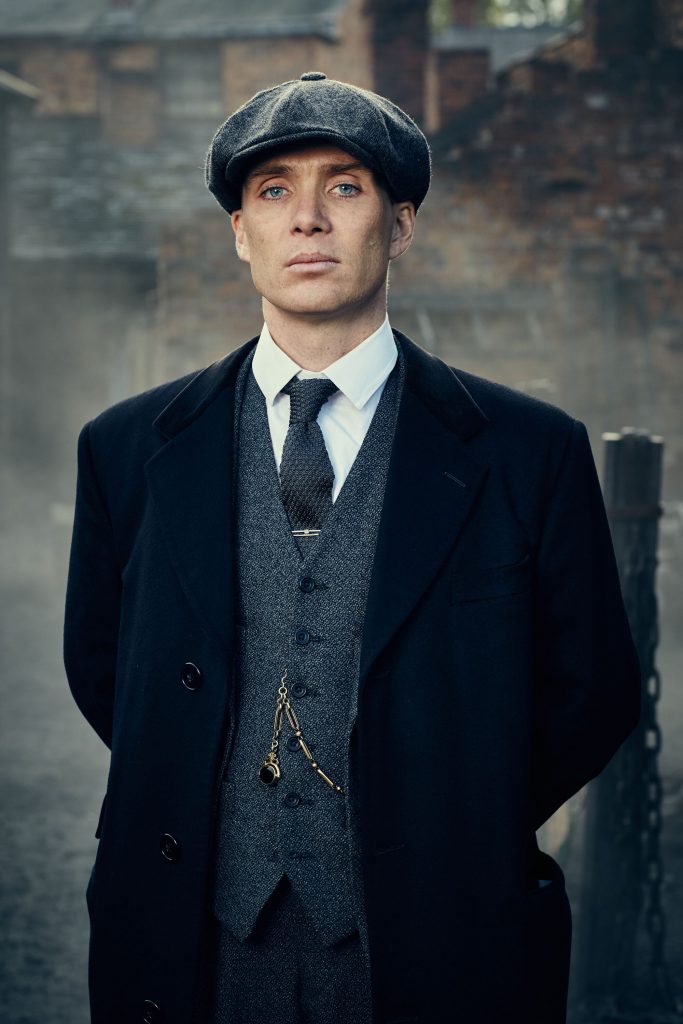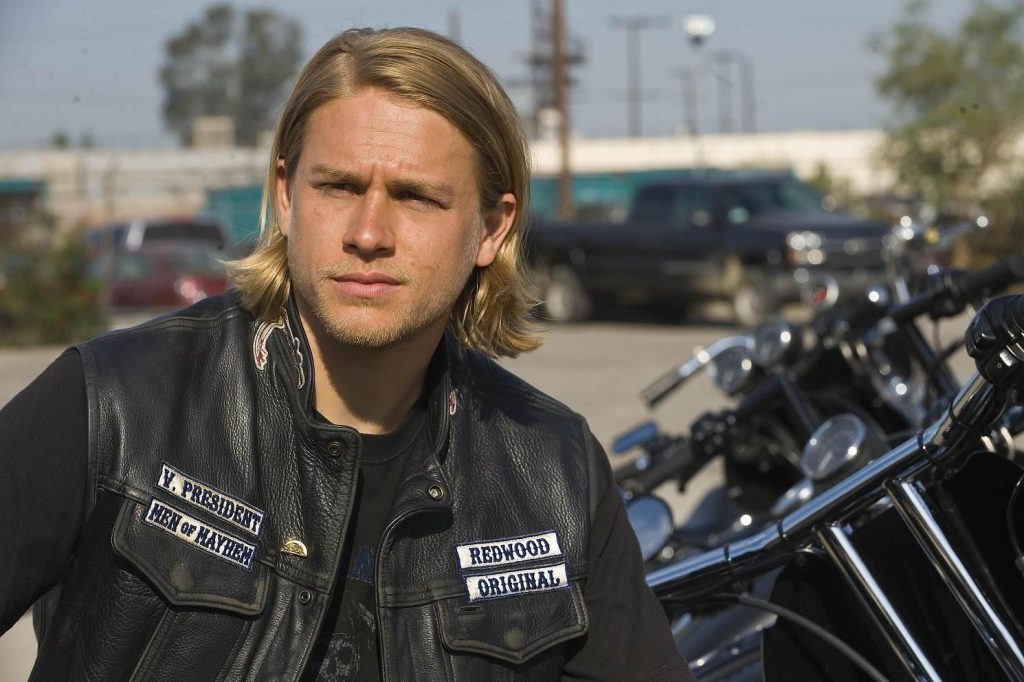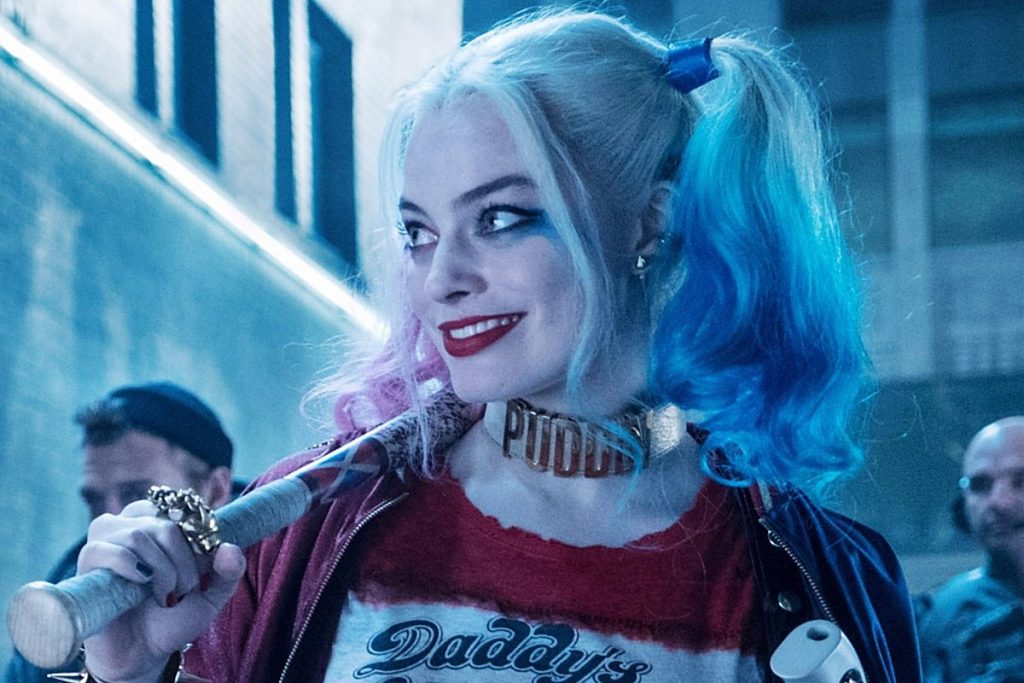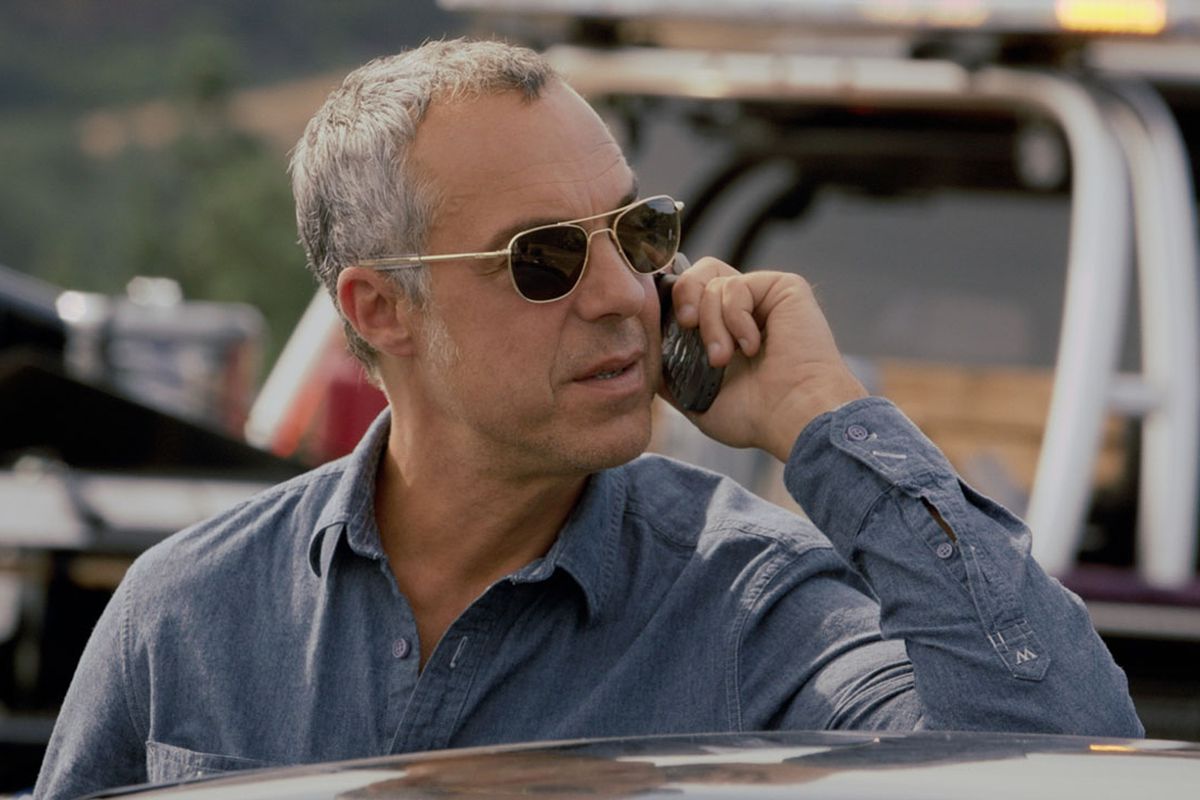- Writing Compelling Characters Who Are Flawed (Part 1)
- Writing Compelling Characters Who Are Flawed (Part 2)
Sudden Change
Any character whose life changes dramatically can be excused for acting differently or even badly. In Rescue Me, Denis Leary’s Tommy Gavin, an NYC firefighter, changed to an extreme version of who he was before 9/11. He suffers from the events of that day in many ways and also has survivor’s guilt that torments him constantly. Startling imagery which represents what’s going on in mind is a constant part of the storyline. Gavin may be an alcoholic, womanizing, emotionally abusive man, but we get why he’s that way – one horrible event changed him.
Bosch, in the original novels, was a “tunnel rat” in Vietnam. That experience left a terribly flawed human being.
It’s like a switch was flipped either on or off and nothing would ever be the same.
Worse Than Them
Thomas Shelby is the head of the Peaky Blinders crime family. They’re small compared to others, but vicious as needs must. They have razor blades in their hats and use them in fights to try to blind their opponents, hence the name.
Thomas is strong, decisive, and fearless. He can fight for his family like a crazed wolverine and uses his hat exactly for what it was designed.
Not really a nice guy.

Thomas Shelby (Cillian Murphy) Photo courtesy of BBC
But, 4-5 things mitigate Thomas:
1) As mentioned, he has PTSD from his time during WWI. Opium is the only way he can gain peace. He is proud of his service and even though he’s a hardened criminal, he often times says he served king and country. His pride in that overshadows his behavior in the mean streets of Birmingham.
2) He’s smart. He finds ways around the worst of what he’s expected to do like faking an execution in order for his friend not to have to die.
3) To that end, he’s intensely loyal, not only to his immediate family, but to his friends and the gang.
4) Thomas, as bad as he is, has a strong moral compass given his world. There are right things and wrong things but he’s also flexible enough, given the circumstances, to change his mind.
5) Yes, he’s terrible (at times), but he’s not worse than DCI Chester Campbell (Sam Neill) who is tasked in the first season with finding some stolen guns that might end up in Libya. Winston Churchill, Campbell’s boss, makes it clear that’s it’s do or die. To that end, DCI Campbell interrogates suspects by beating them to a pulp, breaking fingers, and terrorizing entire neighborhoods.
He’s a real piece of work and we root for Thomas because he’s a sweetheart compared to this sociopath who uses his badge to justify his intense cruelty.
Context
What should be eminently clear is that everything in a character should be in context. In Top Boy, characters who seem extreme abound. But they are born into and come from crime and violence and perpetrate crime and violence in response.
In The Wire, many of the characters we like like Omar (Michael Kenneth Williams), Stringer Bell (Idris Elba), Jimmy McNulty (Dominic West), fight for survival on the mean streets of Baltimore, a place of despair at times so deep there is no hope.
In Deadwood the city itself is a character and those who live in it use whatever means necessary to survive in this relatively lawless town.
Hannibal: In A Class by Himself
Several concepts to why we like a serial killing cannibal (especially when played by Anthony Hopkins), are in play here. But, the most salient is – he’s charming. You might be eaten by him but – well, there really is no but – he’s a madman. However, he’s a erudite, clever, funny madman and a human flesh gourmet who hears classical music in his head while he’s slicing and dicing his victims.
When I attended Silence of the Lambs and the audience applauded the line, “I’m having a friend over for dinner” while showing Hannibal’s sadistic jailer coming off a plane while on vacation, I was appalled. But it only goes to show that despite how truly horrifying Hannibal the Cannibal is, being funny and clever, and not an obnoxious twit will get you celebrated even if you’re a murderer.
Hannibal was so well-liked that he inspired more books, movies, and a TV series.
Dexter is a stiff board compared to the loquacious Hannibal Lecter.
Slow Burn To Bad
Walter White didn’t start out to be Heisenberg. He was initially a good man under impossible circumstances that pushed him into cooking meth. However, as with many situations, his actions had unforeseen consequences and the deeper he went the more he had to compromise who he was.
Same with Jax Teller in Sons of Anarchy. Jax was always a bit of an outlaw but as the series progressed, he got worse until he was basically irredeemable. The ending moment when he opens his arms and runs into a truck on his bike shows what he thinks of what he’s become – a tragic hero to his life and the choices that he’s had to make.

Jax Teller (Charlie Hunnam). Photo courtesy FX
These are examples of the frog in hot water scenario – the characters do a slow burn to bad, not willing or able to get out before they’re boiled alive.
Fascinating
Assassins do their jobs like any good worker. That it’s murder is a given and somehow when we’re presented with a character like this we accept them.
Jodie Comer’s Villanelle in Killing Eve is a strange mixture of acceptance and abhorrence but we cannot look away even when she’s stabbing a man in the eye with a syringe filled with poison.
Several factors contribute to our embracing this character but first among them is that she’s fascinating. At times, almost playful and childlike in her approach to the killings. There’s a deeply dark core to her though that initially fascinates us. Why is she locked onto Eve (Sandra Oh)? Who does she work for and why? What would drive a smart, capable, beautiful woman to get off on cruelty? She’s so good at what she does we admire her craft. She’s obviously deeply bruised. She constantly repeats that she only kills ‘bad people’ which makes her assassinations just a bit more palatable. There’s so much to unpack here by the time we reel in horror from her we’re already trapped like a fly in honey.
Plus, the organization that hires and pays her has obviously a lot to do with why she does what she does. If she’s bad, that organization is evil. So, by comparison, she’s not so bad.
Uh, yeah.
Genius
Sherlock Holmes is not a nice man. He wasn’t written to be and never tries to be. His contemporary manifestations both the Benedict Cumberbatch series and the House, M.D. series (House = Holmes) are the same.
At times, especially Gregory House (Hugh Laurie) is absolutely cruel and totally uncaring. He tortures Cuddy, Wilson, and his team with his obnoxious attitude. And why shouldn’t he? Because he can. He’s a medical genius who only wants to solve the diseases plaguing his patients. Human beings are not really important to him.
That’s clear in the very first episode when his buddy Wilson (Robert Sean Leonard) tries to get him involved with the young teacher who is having severe seizures.
WILSON
The 29-year-old female…
HOUSE
The one who can’t talk, I liked that part.
WILSON
She’s my cousin.
HOUSE
And your cousin doesn’t like the diagnosis. I wouldn’t either. Brain tumor, she’s gonna die, boring.
WILSON
No wonder you’re such a renowned diagnostician. You don’t need to actually know anything to figure out what’s wrong.
HOUSE
You’re the oncologist; I’m just a lowly infectious disease guy.
WILSON
Hah, yes, just a simple country doctor. Brain tumors at her age are highly unlikely.
HOUSE
She’s 29. Whatever she’s got is highly unlikely.
WILSON
Protein markers for the three most prevalent brain cancers came up negative.
HOUSE
That’s an HMO lab; you might as well have sent it to a high school kid with a chemistry set.
WILSON
And she’s not responding to radiation treatment.
HOUSE
None of which is even close to dispositive. All it does is raise one question. Your cousin goes to an HMO?
That introductory sequence shows his humor, cruelty, and brilliance all in one small scene. We might not like Dr. House but we sure will admire him.
They Evolve
Harley Quinn is a riddle wrapped in a mystery inside an enigma as Winston Churchill had famously said. Well, not about her specifically but…anyway.
She’s had several manifestations until this last iteration which had her begin a transition from really, really bad person to someone seeking redemption. That evolution started in the Suicide Squad movies where she did good things but was forced to. She was always playful, powerful, and unique and once she started down that path, she became downright funny.

Harley Quinn (Margot Robbie). Photo courtesy of Warner Bros.
The Hulk is another evolving character. Starting out as a “Hulk smash!” sorta superhero, he eventually merged both his Bruce Banner persona with that rage-filled monster. He went from Dr. Jekyll and Mr. Hyde to Dr. Hyde. He’s still big and green but now he wears glasses and works in a lab.
Evolution is writ large in many redemption characters.
Maleficent (Angelina Jolie) becomes a force of good. Apollo Creed (Carl Weathers) is a loud, obnoxious fighter who emotionally then physically tortures Rocky Balboa (Sylvester Stallone) and ultimately becomes his friend and mentor.
Magneto (Ian McKellen) was never all that bad in what he wanted to accomplish but like a lot of baddies, it was the lengths he went to in order to accomplish them. But over several films he changes and works with Professor X not against him.
Of course, there has to be hints of these characters’ potential evolution or at least an inciting incident that pushes them over to the light side.
In Conclusion
There’s a saying: The best arguments in the world won’t change anyone’s point of view – the only thing that can do that is a good story (novelist Richard Powers). Mr. Powers knows what we need to understand which is even the most unlikable characters become likable or at least acceptable when we’re given a compelling take on them.
Writing any character in a way that allows us to understand them, engages us in their story, and we’ll embrace and follow them anywhere.

